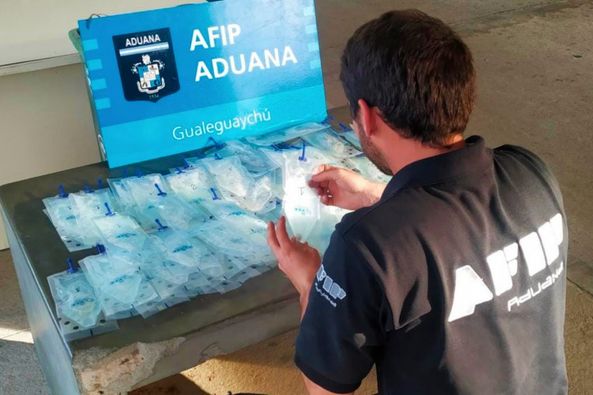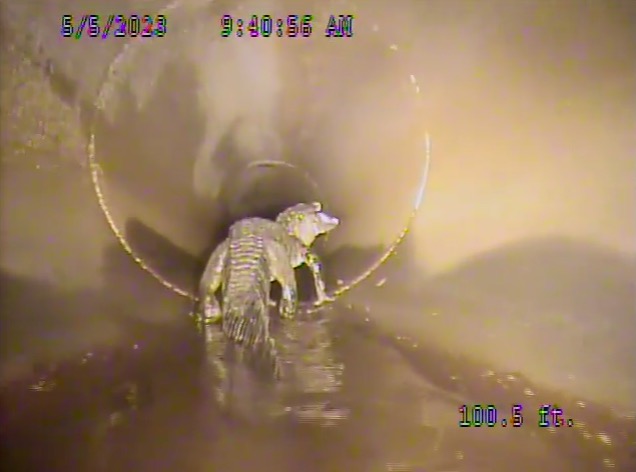A man has been caught by customs officers at Gualeguaychú Airport in Argentina, after attempting to smuggle six litres of pig semen onto a plane. The man initially claimed to have nothing to declare, but upon inspection, the customs inspector noticed something unusual on the baggage scanner.
Closer inspection revealed that the man’s luggage contained 60 sachets of pig semen, with each sachet containing 100 millilitres of the substance. The man, who identified himself as a pig farmer, claimed that he was transporting the semen for the purpose of reproductive and genetic improvement.
The value of the pig semen was estimated to be around 100,000 pesos (£4,455). Despite his intentions, the man was unable to smuggle the pig semen into Uruguay and had to board his flight without it.
This incident highlights the dangers of attempting to smuggle animal products across borders. Aside from the obvious legal repercussions, the transport of animal products can also pose significant risks to public health and safety.
Illegal animal smuggling can spread diseases and parasites that could have devastating effects on livestock, wildlife and even humans. It is important that individuals involved in the animal agriculture industry take the necessary precautions to prevent the spread of diseases and follow all necessary regulations when transporting animal products.
The attempt to smuggle six litres of pig semen highlights the lengths that some individuals will go to for the sake of economic gain. However, the potential risks to public health and safety are far too great to justify such actions. It is important that animal products are transported safely and legally to prevent the spread of diseases and protect both animal and human welfare.






